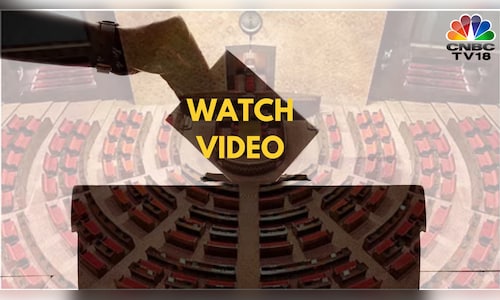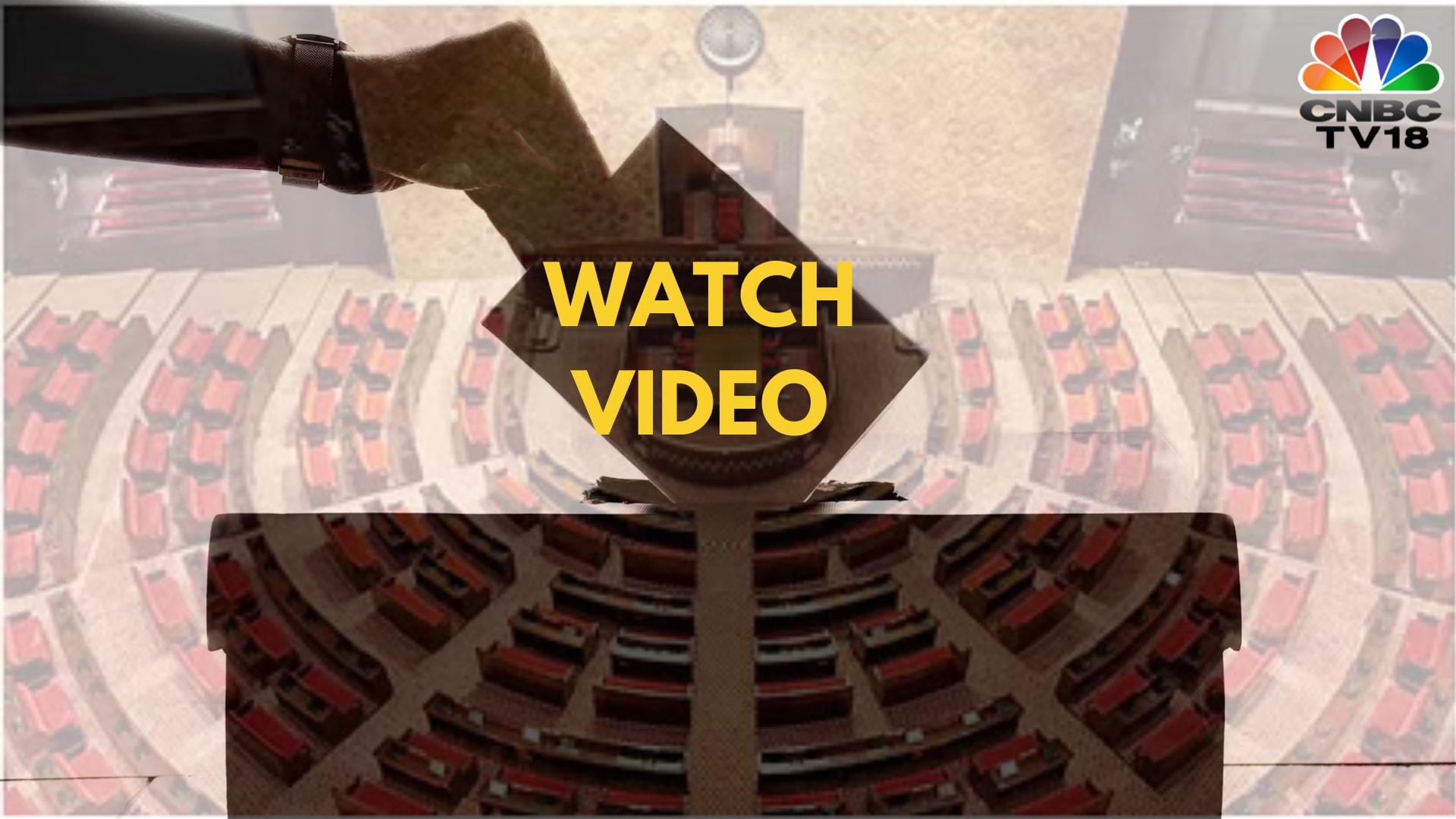

The bills secured 269 votes in favour and 198 against, after which the proceedings were briefly adjourned.
The Cabinet had approved the bills last week, seeking to align the election processes of the Union Territories of Jammu and Kashmir, Puducherry, and the NCT of Delhi. However, the provisions of the amendment indicate that simultaneous elections will not take place until 2034.
The two bills, aimed at implementing “one nation, one election,” triggered a fiery debate, with opposition parties denouncing them as an “attack on the federal structure” and “dictatorial.” Law Minister Arjun Ram Meghwal, however, rejected the claims, asserting, “The proposed bills do not attack the basic structure doctrine. Principles like judicial review, federal character, and supremacy of the Constitution remain intact.”
Opposition’s reaction
Congress MP Manish Tewari termed the move an “assault on federalism and the basic structure of the Constitution,” while Samajwadi Party’s Dharmendra Yadav accused the BJP of pushing the country toward “dictatorship.”
Trinamool Congress MP Kalyan Banerjee echoed similar sentiments, criticizing the bills for “undermining the autonomy of state assemblies.” He stated, “The state government is not subordinate to the central government or Parliament. It is not election reform but the fulfilment of one gentleman’s desire.”
Samajwadi Party’s Dharmendra Yadav accused the BJP of imposing “dictatorship” through the legislation, while DMK’s TR Baalu argued that the right of voters to elect a government for five years “cannot be curtailed with simultaneous elections.”
The debate grew heated when Speaker Om Birla allowed treasury bench leaders to address the House, prompting objections from opposition MPs. Parliamentary Affairs Minister Kiren Rijiju defended the move, stating, “You alone do not represent Parliament; every political party has representation here.”
Government response
Union Home Minister Amit Shah intervened, proposing wider deliberations on the bills through a Joint Parliamentary Committee (JPC). He said that Prime Minister Narendra Modi favoured detailed discussion at every level on the ‘one nation, one election’ bill and wanted it to be referred to a Joint Committee of Parliament.
“When One Nation, One Election bills came up in Cabinet, PM Modi said these should be referred to the Joint Committee of Parliament. There should be a detailed discussion over it at every level,” Shah said. He added the bill can be discussed in greater detail in the Joint Committee of Parliament. The report of the JPC will be approved by the Union Cabinet and the Bill can be discussed again in Parliament, he said.
The proposed framework for One Nation, One Election (ONOE) involves two separate Constitutional Amendment Bills to transition the country to simultaneous elections across all levels of government.
Also Read: One Nation One Election: The proposal, report and key recommendations
What happens next?
The Constitution (129th Amendment) Bill
The first amendment bill introduces a new Article 82A to synchronise elections for the Lok Sabha and state assemblies. It also seeks to amend:
Article 83: Duration of Houses of Parliament
Article 172: Duration of State Legislatures
Article 327: Parliament’s power to regulate elections
The proposed Article 82A establishes the mechanism for transitioning to simultaneous elections. According to Section 2, sub-clause 5 of the bill, if the Election Commission deems it unfeasible to conduct assembly elections alongside Lok Sabha polls, it can recommend to the President that assembly elections be held at a later date.
Second Constitutional Amendment Bill
The second bill introduces Article 324A, empowering the central government to make laws for synchronizing elections to municipalities and panchayats with Lok Sabha and assembly elections.
Since elections to local bodies fall under the State List, this bill will require ratification by at least half the states as per the amendment procedures under Article 368 of the Constitution.
Implementation and Key Provisions
Once passed in both Houses of Parliament and ratified where necessary, the bills will be sent to the President for assent. After receiving the President’s approval, an implementation group will execute the changes.
The bills also propose a single electoral roll for all elections within a constituency, requiring an amendment to Article 325. This provision will similarly require state ratification.
Once enacted, the President will issue a notification marking the “appointed date”—the date of the first sitting of the Lok Sabha after a general election.
The tenure of the Lok Sabha will span five years from the appointed date.
The tenure of all state assemblies constituted after the appointed date will align with the Lok Sabha’s term, regardless of their formation date.
Subsequent general elections to the Lok Sabha and all legislative assemblies will be conducted simultaneously.
Law Commission’s recommendations
The Law Commission is expected to recommend holding simultaneous elections across three tiers of government—Lok Sabha, state assemblies, and local bodies—beginning in 2029. Additionally, the Commission may suggest provisions for a unity government to ensure governance stability in cases of a hung legislature.



